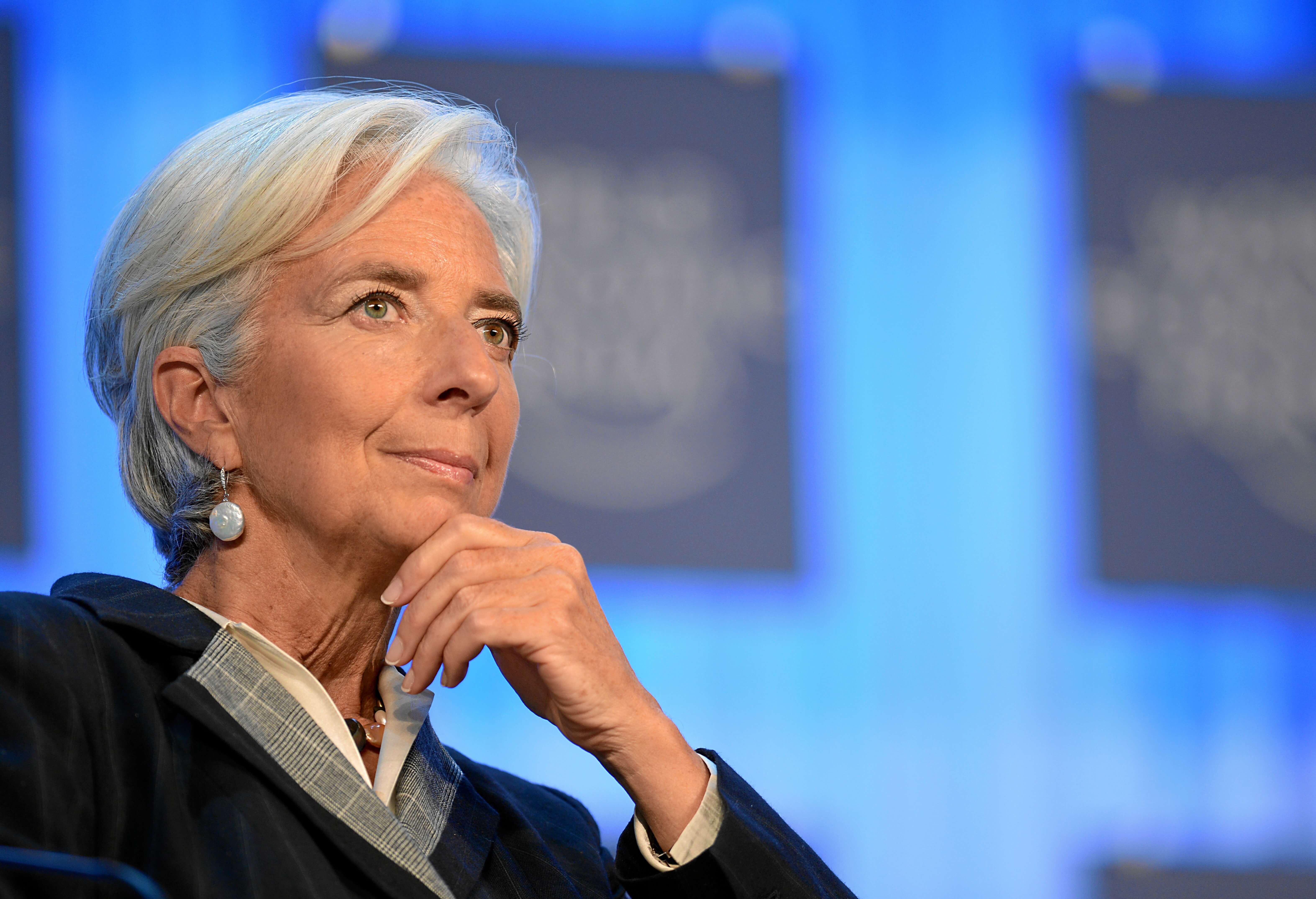The head of the International Monetary Fund (IMF) has said that the underlying technology of bitcoin and other digital currencies could make the finance system function more effectively.
In a blog post published yesterday, Christine Lagarde, the chief of the IMF, said that just as the technologies that emerged during the dot-com era to change our lives, so too could cryptocurrencies such as bitcoin impact the way people save money, invest, or pay for their bills.
She said:
That is why policymakers should keep an open mind and work toward an even-handed regulatory framework that minimizes risks while allowing the creative process to bear fruit.
Lagarde goes on to say that digital currencies enable fast and inexpensive financial transactions, with payment services now making overseas transfers in a matter of seconds rather than days, adding that:
The underlying technology of crypto-assets – distributed ledger technology, or DLT – could help financial markets function more efficiently. Self-executing and self-enforcing ‘smart contracts’ could eliminate the need for some intermediaries.
Yet, while the IMF head is positive of the benefits that cryptocurrencies such as bitcoin can provide, she doesn’t think the fintech revolution will remove the need for trusted intermediaries such as banks or brokers.
Lagarde is of the opinion, however, that cryptocurrencies will lead to a ‘diversification of the financial landscape.’ This, in turn, will produce ‘a better balance between centralised and decentralised service providers, and a financial ecosystem that is more efficient and potentially more robust in resisting threats.’
At present, the IMF’s preliminary assessment of digital currencies is that they don’t present an immediate danger to the traditional financial system. Notably, though, Lagarde states that regulators should remain vigilant, adding that they should keep on top of rapid developments in markets and technologies.
She said:
Understanding the risks that crypto-assets may pose to financial stability is vital if we are to distinguish between real threats and needless fears.
Back in February, the chief of the IMF said that it was only a matter of time before digital currencies fall under government regulation. At the time, she expressed that there was ‘probably quite a bit of dark activity [in cryptocurrencies],’ which called for the need for international regulation and proper supervision.
Featured image from Flickr via the World Economic Forum.



